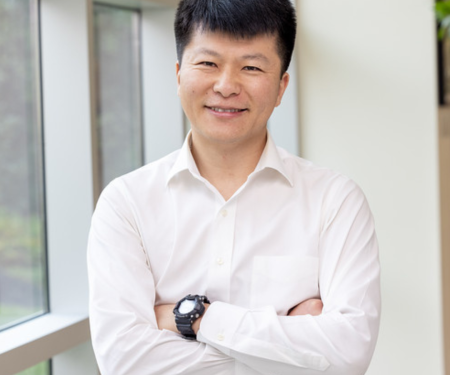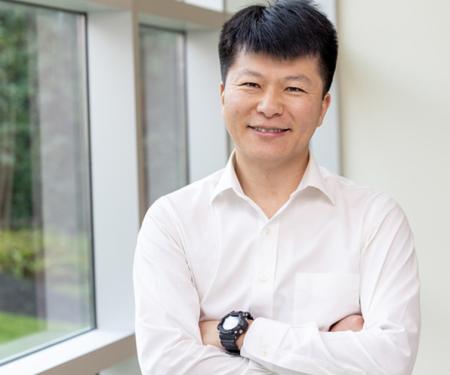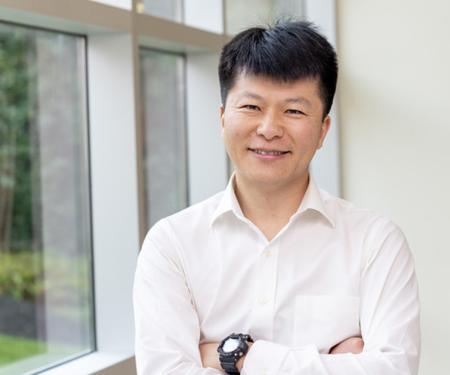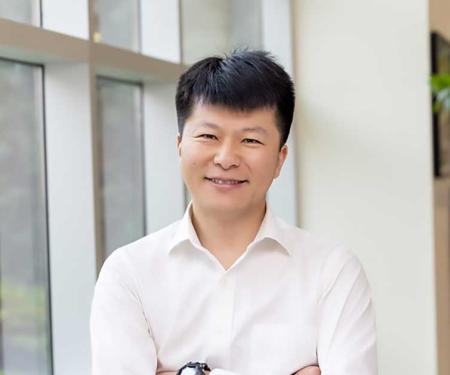Related Articles
00 / 00
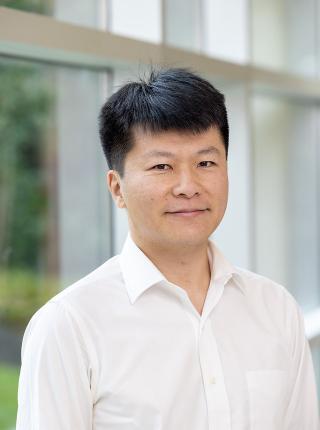
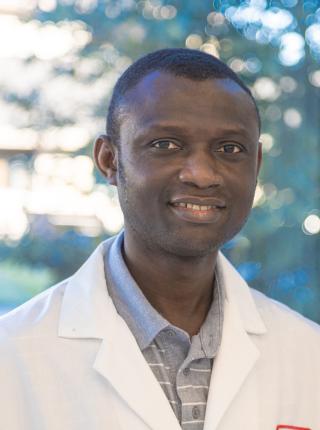
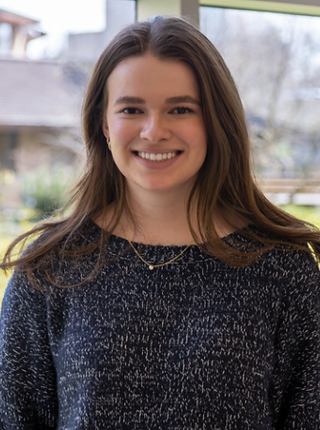
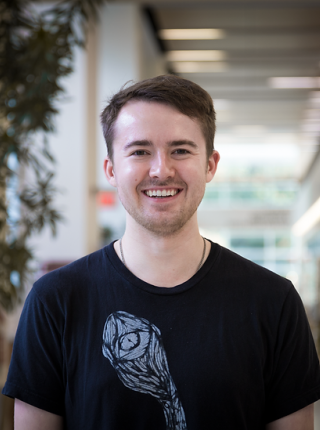
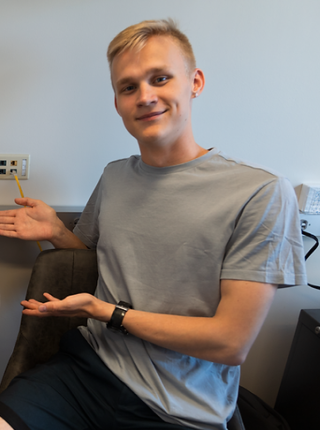
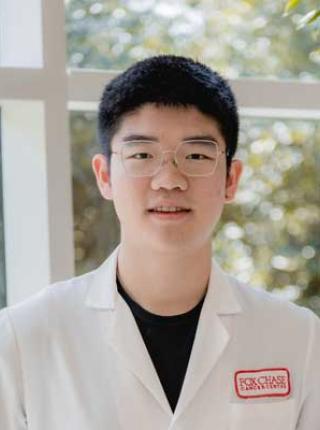
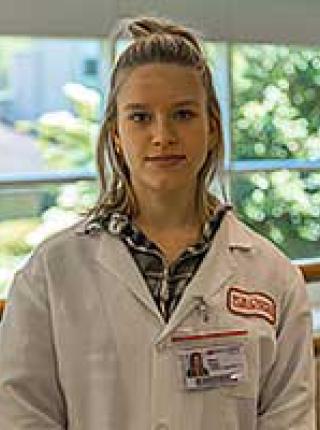

Position/Role: Postdoctoral Fellow, 2022
B.S. 2009, National University of Malaysia (UKM)
PhD 2021, Stowers Institute for Medical Research
Clinical Shadow:
Next Position: Postdoctoral Fellow, University of Pennsylvania.
Position/Role: Sci Tech I/Lab Manager
B.S. 2021, University of North Carolina at Chapel Hill
Next Position: MSTP/graduate school.
Position/Role: Undergrad Volunteer,2022
Wistar Institute - Biomedical Technician Training Program (BTT)
Position/Role: Undergrad Volunteer, 2023
Undergrad in Biology, Temple Universityy
Clinical Shadow: with Dr. Efrat Dotan, 04/2023
LuChenLab – RNA biology to solve cancer and other aging-related diseases.
The Lu Chen laboratory (luchenlab.org) studies molecular secrets underlying all things RNA biology – how RNAs are chemically modified, how their exact molecular forms are precisely defined, and how they cooperate with proteins to carry out molecular functions at specific cellular locations. We are translating our basic science discoveries into novel therapeutic options to combat cancer immortality, stem cell exhaustion, and degenerative diseases. We use diverse approaches, including protein-RNA reconstitution, Next-gen RNA structural profiling (icSHAPE-seq, nascent RNA-seq), CRISPR-engineering of human primary stem cell and mouse models, and single-molecule RNA imaging.
Huda A, Arakawa H, Mazzucco G, Galli M, Petrocelli V, Casola S, Chen L, Doksani Y. The telomerase reverse transcriptase elongates reversed replication forks at telomeric repeats. Science Advances. 2023 Mar 22;9(12):eadf2011. PMID 36947627
Galati A, Scatolini L, Micheli E, Bavasso F, Cicconi A, Maccallini P, Chen L, Roake CM, Schoeftner S, Artandi SE, Gatti M, Cacchione S, Raffa GD. The S-adenosylmethionine analog sinefungin inhibits the trimethylguanosine synthase TGS1 to promote telomerase activity and telomere lengthening. FEBS Lett. 2022 Jan;596(1):42-52. doi: 10.1002/1873-3468.14240. Epub 2021 Dec 5. PMID: 34817067
Hasegawa K, Zhao Y, Garbuzov A, Corces R , Chen L, Cheung P, Wei Y, Chang HY, Gillespie V, Belk J, Huang Y, and Artandi SE, Clonal inactivation of TERT impairs stem cell competition. In Revision
Chen L*, Roake CM, Maccallini P, Bavasso F, Dehghannasiri R, Santonicola P, Mendoza-Ferreira N, ..., Kobin MA,... Artandi SE*, Raffa GD*. TGS1 controls snRNA 3'end processing, prevents neurodegeneration and ameliorates SMN-dependent neurological phenotypes in vivo. Nucleic Acids Research. 2022 Aug 10;gkac659. PMID 35947650 (*co-corresponding author, selected for NAR cover art_Vol 50, Issue 21, Nov 28, 2022)
Chen L*, Chang HY, Artandi SE*. Analysis of RNA conformation in endogenously assembled RNPs by icSHAPE. STAR protocols. 2021 Jun 18;2(2):100477. PMID 33997809 (*co-corresponding author)
Chen L*, Bellone RR, Wang Y, Singer-Berk M, Sugasawa K, Ford JM, Artandi SE. A novel DDB2 mutation causes defective recognition of UV-induced DNA damages and prevalent equine squamous cell carcinoma. DNA repair. 2021 Jan 1;97:103022. PMID 33276309 (*Corresponding author)
Chen L, Roake CM, Galati A, Bavasso F, Micheli E, Saggio I, Schoeftner S, Cacchione S, Gatti M, Artandi SE, Raffa GD. Loss of human TGS1 hypermethylase promotes increased telomerase RNA and telomere elongation. Cell reports. 2020 Feb 4;30(5):1358-72.PMID 32023455
Chen L, Roake CM, Freund A, Batista PJ, Tian S, Yin YA, Gajera CR, Lin S, Lee B, Pech MF, Venteicher AS. An activity switch in human telomerase based on RNA conformation and shaped by TCAB1. Cell. 2018 Jun 28;174(1):218-30. PMID 29804836
Chen L, Ooi SK, Conaway JW, Conaway RC. Biochemical assays for analyzing activities of ATP-dependent chromatin remodeling enzymes. JoVE. 2014 Oct 25(92):e51721. PMID 25407555
Chen L, Ooi SK, Conaway RC, Conaway JW. Generation and purification of human INO80 chromatin remodeling complexes and subcomplexes. JoVE. 2014(92):e51720. PMID 25407439
Chen L, Conaway RC, Conaway JW. Multiple modes of regulation of the human Ino80 SNF2 ATPase by subunits of the INO80 chromatin-remodeling complex. Proceedings of the National Academy of Sciences. 2013 Dec 17;110(51):20497-502. PMID 24297934
Chen L, Cai Y, Jin J, Florens L, Swanson SK, Washburn MP, Conaway JW, Conaway RC. Subunit organization of the human INO80 chromatin remodeling complex: an evolutionarily conserved core complex catalyzes ATP-dependent nucleosome remodeling. Journal of Biological Chemistry. 2011 Apr 1;286(13):11283-9. PMID 21303910 (Highlighted in “Milestones in transcription and chromatin published in the Journal of Biological Chemistry”, 2019 Feb 1;294(5):1652-1660.)
